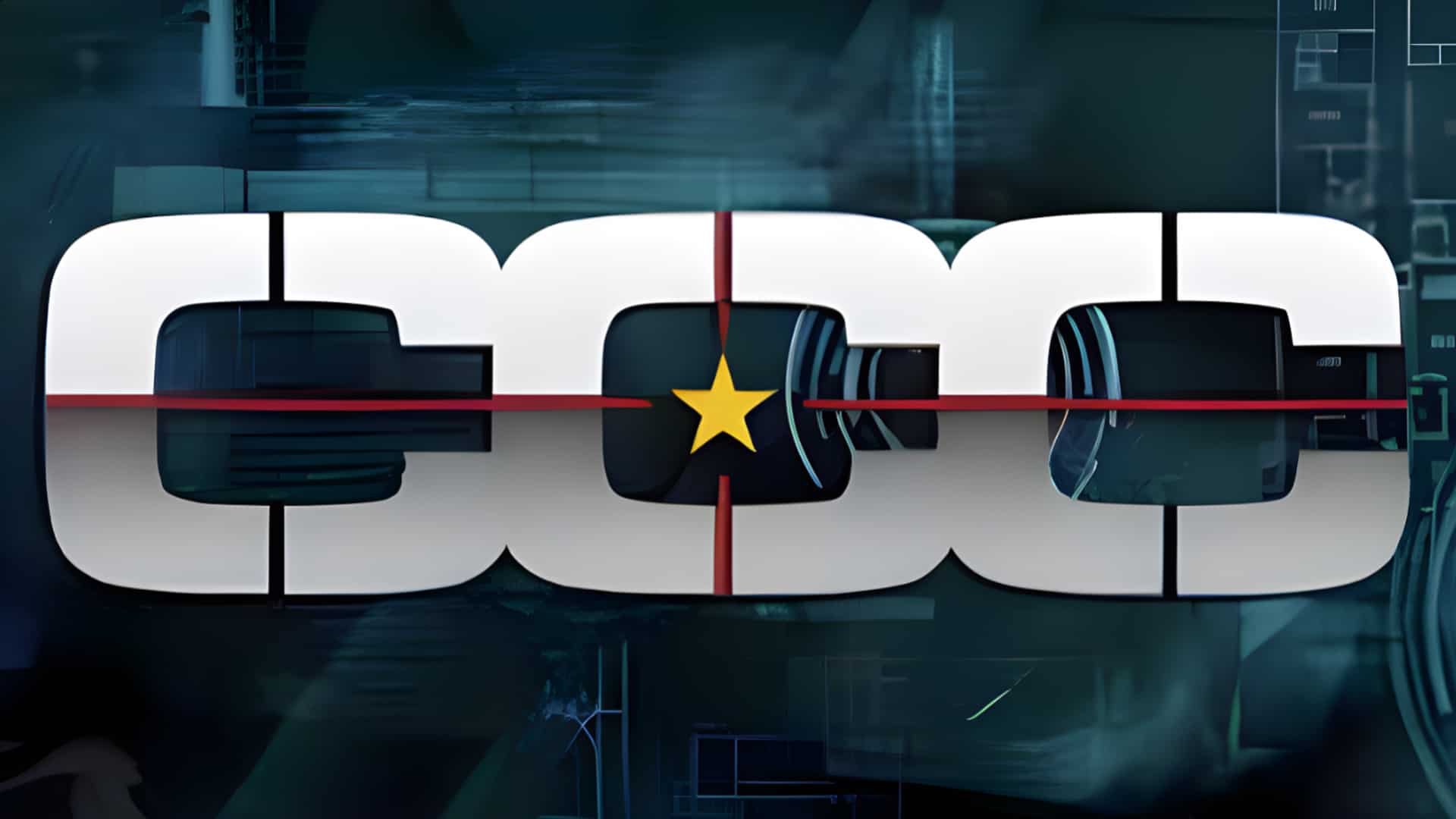None
Counterfeiting merchandise is a huge business with tremendous profits. Who wouldn’t want to pay a fraction of the cost for a name-brand item? The problem is these counterfeit items may look like the original, but they are inferior in virtually every way. Experts agree that you are actually wasting your money on cheap imitations that are prone to a variety of problems. Some may not even last the trip home, and there are never any exchange, warranty, or money-back policies. We recently investigated a series of counterfeit video games claiming they were produced by Bethesda, a company known for its generic-style sports and puzzle games. We tested these games and found them to have incredibly poor graphics, terrible music, and unplayable gameplay mechanics. Worse, the games would crash often and randomly, causing you to restart the entire game from the beginning. Damage to the console would result if he games were left in for any extended period of time. We approached Bethesda Softworks with the counterfeit games to allow them to examine them and be aware of the threat to their business. After careful analysis, Bethesda admitted the games were not counterfeit and were indeed actual Bethesda products. During another investigation, we uncovered vast quantities of Sony Playstations for sale at various street vendors, flea markets and pawn shops. The most popular of these counterfeit consoles are the PS2 and the PS3. Upon examination, the consoles were found to be highly defective. They constantly froze up during loading times, displayed ghost images onscreen, controllers would not register commands, and some even smelled of burning wires. When we approached Sony with a truckload of these counterfeit consoles, they claimed that the units were all legally licensed Sony products. When questioned as to the poor quality of the items, Sony responded by asking us if we had ever seen a drunken marketing executive with a shotgun, and we were asked to vacate the premises immediately. Mirroring, or stealing, websites can be big business for some webmasters. They steal the content from other sites and put it on their own. They may even have similar domain names and layout and graphic styles to fool surfers into thinking the site is legitimate. With enough unique hits, they can start generating revenue from advertising. One of the most popular video game websites in the world, Cheat Code Central has always been the target of such intellectual thievery. We brought to their attention some of the reviews done by hack writers posing as legitimate Cheat CC game journalists. The reviews were filled with spelling errors, poor grammar, clichés, misinformation, and a lot of inane Canadian references. Upon examining the bogus reviews, Arty Hackery former CEO of Cheat CC had this response: “I wrote those. I just didn’t think anybody ever read them. You guys aren’t from 60 Minutes are you?” Mr. Hackery also asked us if any crime would be committed if he “allegedly” purchased counterfeit merchandise with counterfeit money. We did not respond. *This article is presented as an exclusive Cheat Code Central feature titled “Are you dumb enough to believe this?” Please check back each Friday for the newest edition. |
